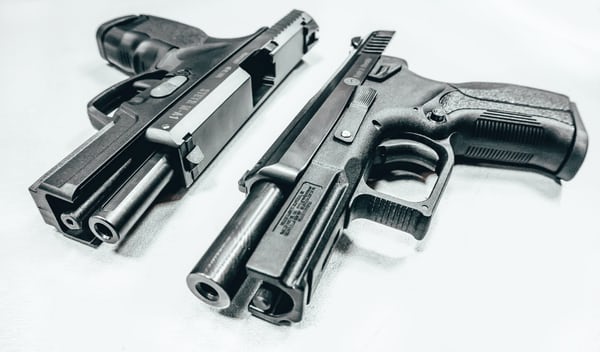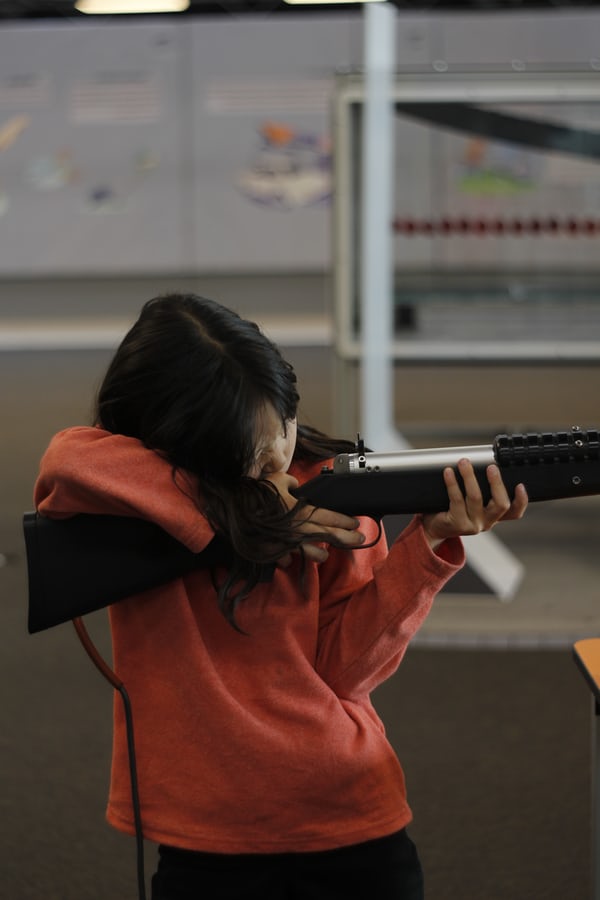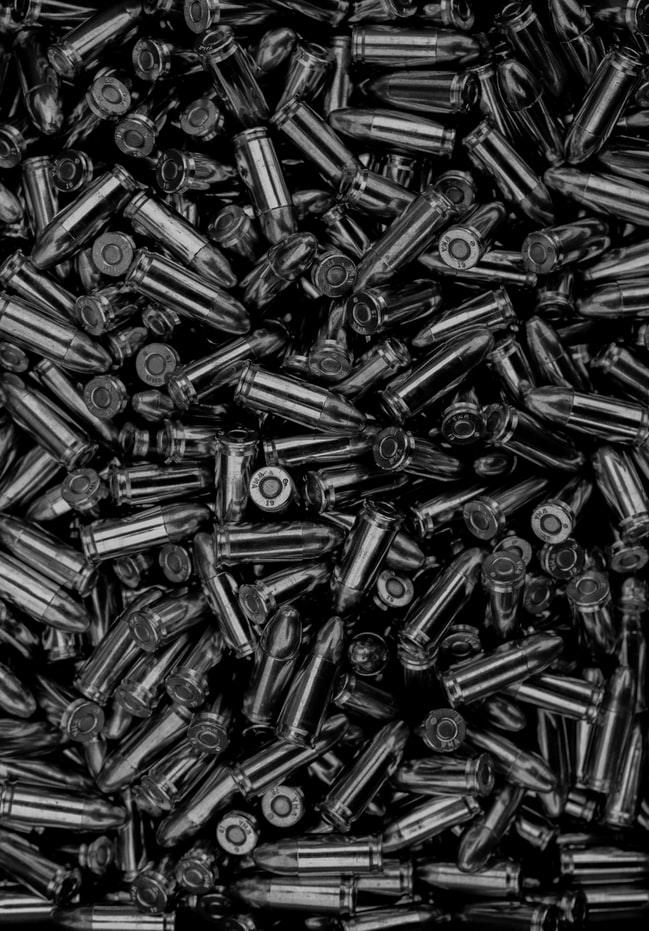The Oscar’s nominations in the animated short film category this year is very competitive.
Many fascinating works have led to discussions on many modern issues facing society.
For example, Disney’s short film “Out” describes the story of an LGBTQ couple in which one of the couple is afraid of ‘coming out’ to his parents.
In the film he accidentally changes bodies with his pet dog (remember, it is Disney), and eventually finds the courage to face his parents.

“Burrow” is a story about a rabbit who wants to create a new home but is ashamed of his design when seeing the house of another rabbit. The film progresses and eventually the rabbit knows that following its own heart is the best course of action.
Also on the nominated films list is a short film called “If Anything Happens I Love You” which discusses a school shooting that has caused a family to break down.
This short film soon raises the public’s awareness “again” on the age old American problem and how the nation looks at gun control issues.

Gun control has always been a controversial issue to discuss in the US.
According to the data, there has been at least one school shooting every March since 2003.
In 2019, the US had 11 school shootings, and although none occurred in 2020 this was only as a result of the pandemic keeping the students at home.
Nonetheless, and perhaps ironically, people in the US are now more concerned about their safety during the coronavirus pandemic and as a result are purchasing more guns than in the last few years.
The reasons commonly given center on buyers worrying about the turmoil and economic recession that might follow the COVID-19 pandemic.

Experts are concerned this situation will lead to more cases of domestic violence, suicide and all round gun related violence.
Many supporters of legislating stricter gun control claim that access to guns is too easy and uncomplicated; ordinary people with no criminal history are able to purchase guns in under 30 minutes – less time and simpler than obtaining a credit card.
People can even, without passing background checks, buy guns in places such as yard sales in most US states.
Based on data, in 2020, 57% of Americans are calling for stricter gun laws, but 34% want the laws to stay the same.
In 2018, 67% of Americans wanted stricter gun laws. That’s a 10% drop in two years.
A Gallup poll, also from 2018, indicated that 92% of the respondents would like gun control laws right now to be stricter, and even though many politicians have tried to follow mainstream opinions bills to this end typically stall in the Senate.
The NRA is of course a crucial factor in that gun control-related laws are often held up or just done away with altogether.
The NRA (National Rifle Association) is the interest group that encourages citizens in the US to use their right to bear arms according to the constitution. Their interest and existence is of course a conflict of interests of sorts with the gun control issue.

As a body capable of influencing political will, the NRA has many links to gun industry.
In order to aid their businesses companies support the NRA with money and through other methods to maintain the NRA’s profile – so much so that if any politician wants to legislate a law affecting access to guns, the NRA typically discredits the reputation of said politician and jeopardizes his status in politics.
Not everyone is afraid, however, as in 2019, the San Francisco Board of Supervisors said they view the NRA as a domestic terrorist organization.
More recently, despite threats from the NRA, the President of the United States Joe Biden has announced his intent to pass a bill about universal background checks to introduce stricter gun laws compared to the background checks in place right now.
This is a first big step in more than 25 years of federal gun control law.
If this bill is effective, it will affect the guns that are sold without any background checks; around 22% of all guns in circulation.
The bill has passed the House recently, but it faces a significant challenge to pass the Senate; a hurdle at which similar bills have fallen in the past.











Comments are closed.